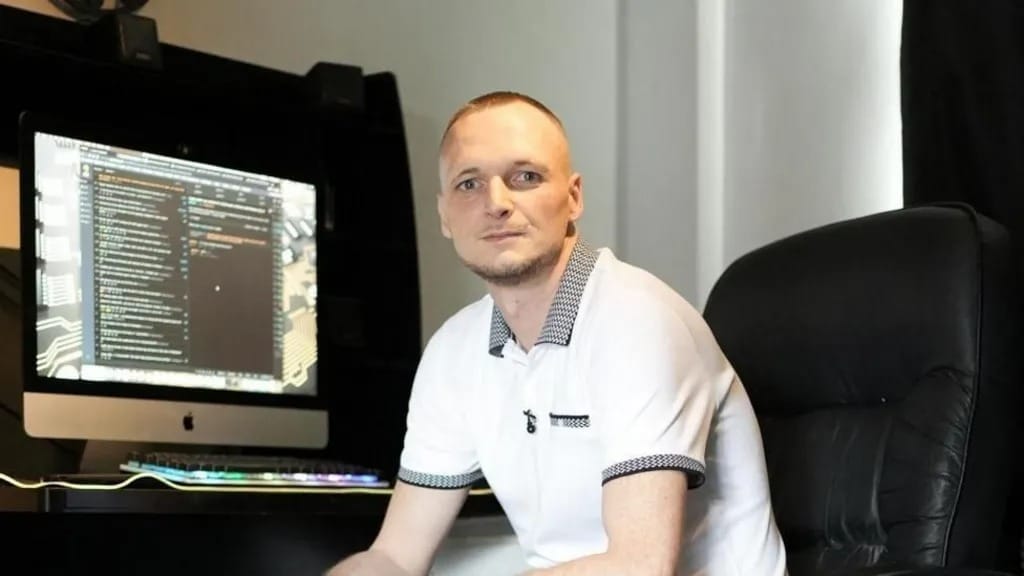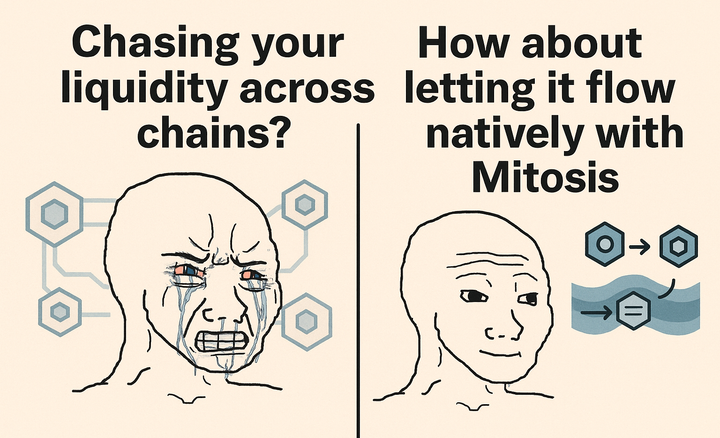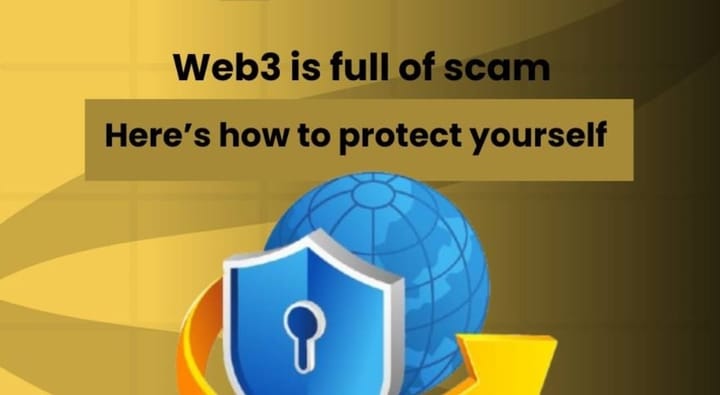The Billion-Dollar Trash Heap: The Tragic End to a Man's Decade-Long Hunt for Lost Bitcoin

The Billion-Dollar Trash Heap: The Tragic End to a Man's Decade-Long Hunt for Lost Bitcoin
For over a decade, the world has been captivated by the extraordinary quest of a Newport man: James Howells. His fortune, once valued at an astonishing $742 million in Bitcoin, lay buried beneath thousands of tons of landfill waste, a devastating testament to the ultimate consequence of losing one's private keys. His story is a unique blend of digital dreams, a single, devastating misstep, and a relentless, often heartbreaking, battle against bureaucracy and the elements. Now, after years of tireless effort, Howells is finally walking away from the search, leaving his treasure behind, though a new documentary is set to bring his epic journey to light.
The Day a Fortune Vanished: A Routine Cleanup, a Historic Mistake
The saga of unimaginable loss began quietly in 2013. Bitcoin, still in its infancy, was a largely speculative asset, far from the global phenomenon it is today. Back then, James Howells, residing in Newport, South Wales, held a digital treasure of 8,000 Bitcoins. At the time, that sum was worth a respectable $8 million – a significant amount, but certainly not the near-billion-dollar fortune it would later become.
In the midst of a routine office cleanup, Howells made a decision that would haunt him for over a decade: he casually discarded an old hard drive. Unbeknownst to him at that fateful moment, this seemingly innocuous piece of hardware held the private keys to his Bitcoin wallet – the sole, irreplaceable gateway to his entire digital fortune. This was the ultimate realization of the crypto adage: "Not your keys, not your coins." The hard drive, containing what would eventually be valued at a staggering $742 million, was tossed into a Newport landfill, destined to be buried under a growing mountain of trash.
In the years that followed, as Bitcoin's value soared to unprecedented, dizzying heights, the true enormity of Howells' mistake became painfully clear. What began as a frustrating error spiraled into an agonizing financial nightmare, fueling a desperate, consuming drive to recover what he had lost. But retrieving the drive, now submerged under layers of refuse, proved a far more complex and bureaucratic challenge than he could have ever imagined.
A Decade of Obsession: High-Tech Dreams vs. Earthy Reality
Driven by the colossal sum at stake, Howells was undeterred. His proposed solution was as ambitious as the fortune itself: an extensive, high-tech recovery plan. He envisioned deploying cutting-edge technology, including AI-powered drones and robotic systems, to safely comb through the landfill. His meticulous goal was to locate and retrieve the hard drive while minimizing environmental damage and strictly adhering to safety protocols. In an even more striking display of determination, Howells offered to personally fund the entire multi-million-dollar project, asking only for the Newport City Council’s permission to access their landfill.
However, his unwavering efforts were met with steadfast, unyielding resistance. Local officials consistently refused to grant him permission, citing grave concerns over the potential dangers of disturbing the landfill. Their fears included the release of toxic gases, the contamination of vital water sources, and the sheer logistical nightmare of excavating such a vast area. Furthermore, the legal framework in the UK added another layer of complexity: under UK waste management laws, anything disposed of in a landfill is technically owned by the landfill site itself. Excavating it could not only cause environmental harm but also violate strict regulations governing waste disposal in the region.

The Legal Gauntlet and the Final Verdict
Howells' extraordinary battle wasn't just with local authorities; it escalated into a protracted legal struggle against the system itself. Despite his tenacity, the innovative plans he presented, and the sheer scale of the potential recovery, his case faced numerous legal obstacles. By 2024, after eleven long years of relentless attempts and appeals, a British judge delivered the final, devastating blow: Howells’ recovery efforts had "no realistic prospect" of success.
The court's decision was based on several critical factors. The judge highlighted the likely state of the hard drive after more than a decade of exposure to harsh landfill conditions, including moisture, immense pressure from overlying waste, and fluctuating temperatures – conditions highly unfavorable for data recovery. Additionally, UK law imposes time limitations on legal claims, which played a significant role in the court’s dismissal of Howells’ case. Even if permission were granted, experts universally acknowledged that the chances of the drive surviving intact, let alone its data being recoverable, were infinitesimally slim.
With this ruling, Howells’ official pursuit came to an end. His incredible story, which began as a simple office mistake, had transformed into a monumental, albeit tragic, example of the unique frustrations that can arise from digital wealth, where the loss of a single private key results in the permanent disappearance of vast, untraceable fortunes.
A New Chapter: The Story Heads to the Screen
While his legal battle might be over, James Howells’ saga is far from finished. According to the BBC, a Los Angeles-based production company, LEBUL, has acquired the rights to tell his extraordinary story. A new docuseries, podcast, and short-form content, aptly titled “The Buried Bitcoin: The Real-Life Treasure Hunt of James Howells,” are now in production.
The documentary promises to chronicle every twist and turn of Howells’ efforts to recover the Bitcoin, from the ambitious high-tech plan he proposed to his grueling legal battles. The production will include extensive CGI to bring the unseen, subterranean world of the landfill search to life and is slated for release in late 2025. Howells himself has expressed immense excitement about the film, calling it an opportunity to share his unique journey with the world. Despite the court ruling against him, his spirit remains unbroken: “This is the first time I’ve been able to show the world exactly what we want to do at the landfill site,” Howells stated. He insists, “I’m not giving up the fight.”

The Enduring Lesson of the Lost Bitcoin: Not Your Keys, Not Your Coins
The tale of James Howells is more than just a captivating treasure hunt; it's a stark, invaluable lesson for anyone venturing into the world of cryptocurrency. It underscores the fundamental principle that defines true ownership in the digital age: "Not your keys, not your coins."
Unlike traditional banking, where institutions hold your money for you, cryptocurrencies grant you direct control – but with that power comes immense responsibility. Howells' tragic loss vividly illustrates that without physical access to your private keys (or the means to derive them, like a seed phrase), your digital assets, no matter how valuable, are irrevocably lost. This story serves as a powerful, real-world reminder to prioritize secure key management, backup procedures, and self-custody whenever possible. It's the ultimate caution against complacency in a financial frontier where personal responsibility is the ultimate guardian of wealth.
Today his 8000 bitcoins are worth $840,000,000 USD. If only he knew about Mitosis and deposited in EOL and Matrix hes funds will be safu!



Comments ()